Many people assume that hearing loss is an inevitable part of aging. However, adopting strategies to protect hearing as early as possible can significantly delay, or even prevent hearing loss. We live in an increasingly noisy world and our daily technology consumption may also be affecting our hearing. Some loud noises are unavoidable but the big increase in the use of personal listening devices like ear buds and headphones means people are at greater risk of noise-induced hearing loss (NIHL). NIHL is the only kind of hearing loss that is completely preventable.
Why do we need to protect our ears against loud noise?
Loud noise damages the delicate cells of the inner ear. NIHL can be gradual, permanent or temporary. Damage may not happen if noise exposure is short, but too long and the cells can’t recover – hearing damage becomes permanent.
How noisy is too noisy?
Noise levels are measured in decibels (dB). To avoid hearing damage, noise levels in our environment need to be under 85dB. Above this, noise will start to damage the inner ear causing permanent hearing loss. It is not just the noise level, but the length of time we are exposed to the sound. The louder the sound, the less time it will take to cause damage. To compare:
- Library – 30 dB
- Average home – 50 dB
- Average factory – 80 to 90 dB
- Heavy traffic – 80 to 90 dB
- Hair dryers, blenders – 85dB
- Lawnmower – 90db
- Chainsaw -100 dB, damage after 15 minutes
- Rave party – 110 dB, damage after 2 minutes
- Fireworks, jet engines taking off – 120 -140 dB.
A rule of thumb is if you have to shout to be heard by someone standing one metre away, the noise is too loud and may damage your hearing. Turn down the sound or wear noise protection.
How can we protect our ears to prevent hearing loss?
- wear helmets and impact protection for impact sports and activities where a blow to the head is possible
- when using noisy equipment, machinery or tools check what class of hearing protection will be needed – and use it!
- if possible, replace noisy machinery or equipment that creates noise above maximum levels
- limit time with noisy activities
- set kids listening devices to 80% maximum volume or choose volume limited headphones and earbuds
- use hearing protection at concerts and other loud public events
- decrease the volume on tv, radio and personal listening devices
- limit headphone use for kids to 30 to 60 minutes
- practice good hearing health for life – it is very important to model this for our kids.
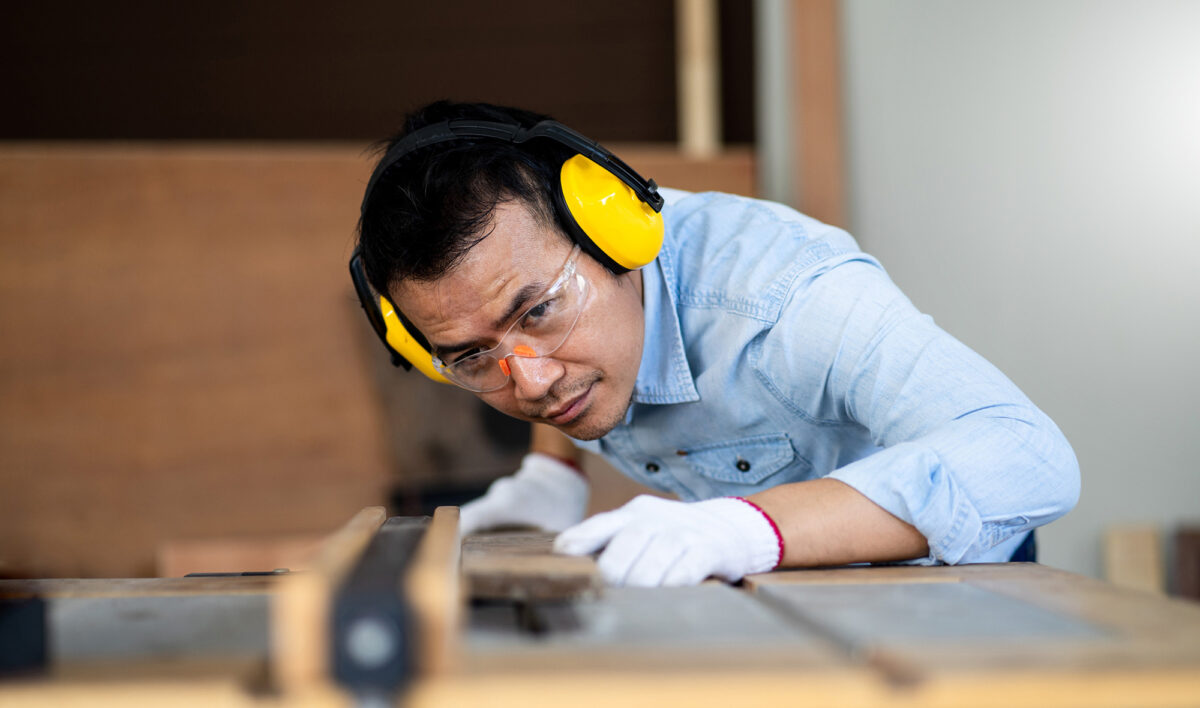
Can any lifestyle changes help?
Ears need a healthy supply of oxygen-rich blood and nutrients. Some chronic health conditions can affect hearing e.g diabetes, heart disease and hypertension. These health conditions cause a decrease in the blood supply to reach the ears, damaging the nerve hair cells in the cochlea, which deliver sound to the brain. A healthy lifestyle (exercise, healthy diet, limited processed food) will keep our heart, blood and body healthy, including our ears.
What noise protection should I use?
Hearing protection devices can’t completely block out sound, but they can decrease the level of noise entering the ear. Earplugs, earmuffs and protective headphones can decrease the decibel level by 15 to 33 dB.
Hearing protection should be labelled with a Class number between 1 and 5. Class 2 is ideal for lawnmowing, while Class 5 is designed to protect ears for long periods (at least 8 hours) at dB levels of 105 to 110dB. It is important to use the right class of ear protection for the activity you are doing.
Good hearing is fundamental to our communication, socialising and overall quality of life. Hearing loss can affect relationships, confidence, efficiency at work, mental health and stress levels. Hearing loss can happen gradually over time, and often is not very noticeable at first. Get a hearing test, because the sooner hearing loss is diagnosed, the sooner it can be treated. Protecting our hearing at all ages and stages of life is so important, and it is never too late to start.






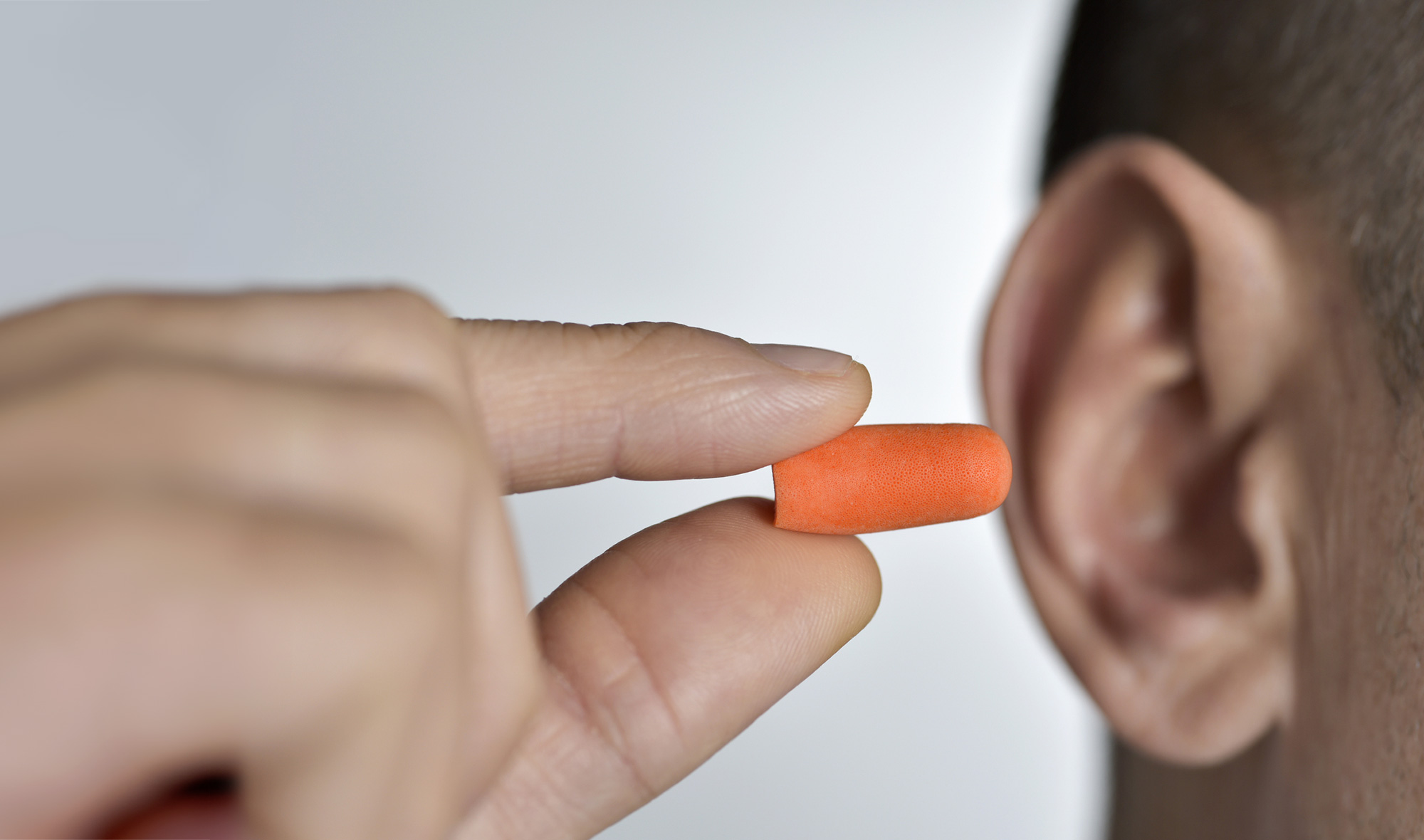

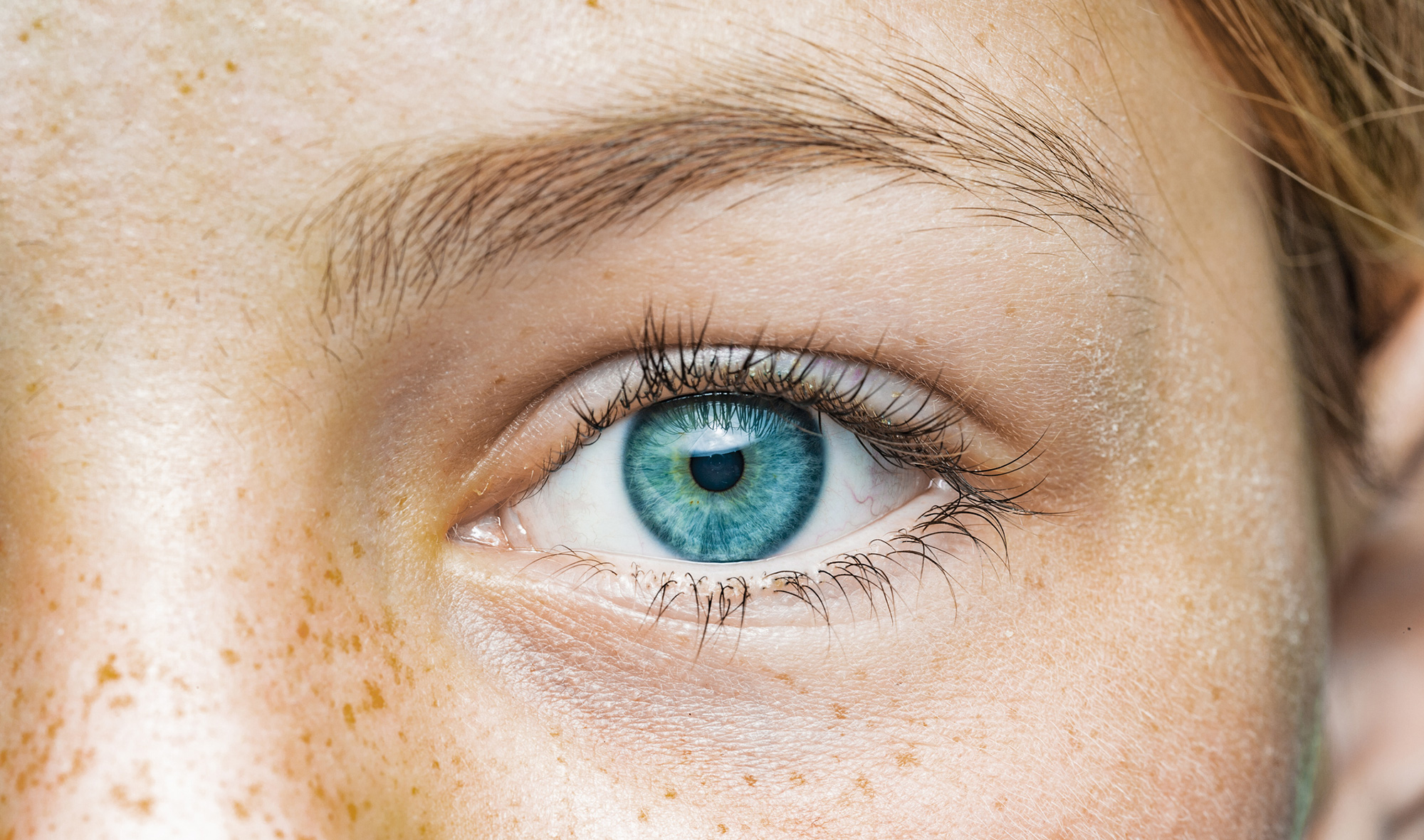
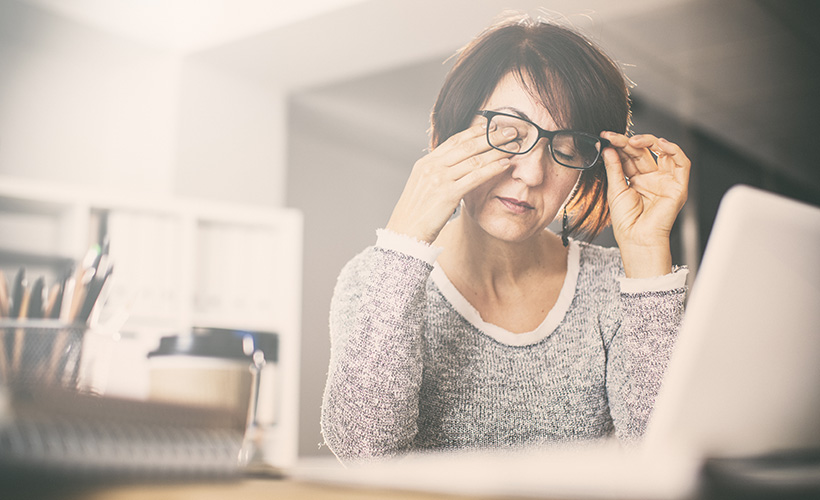
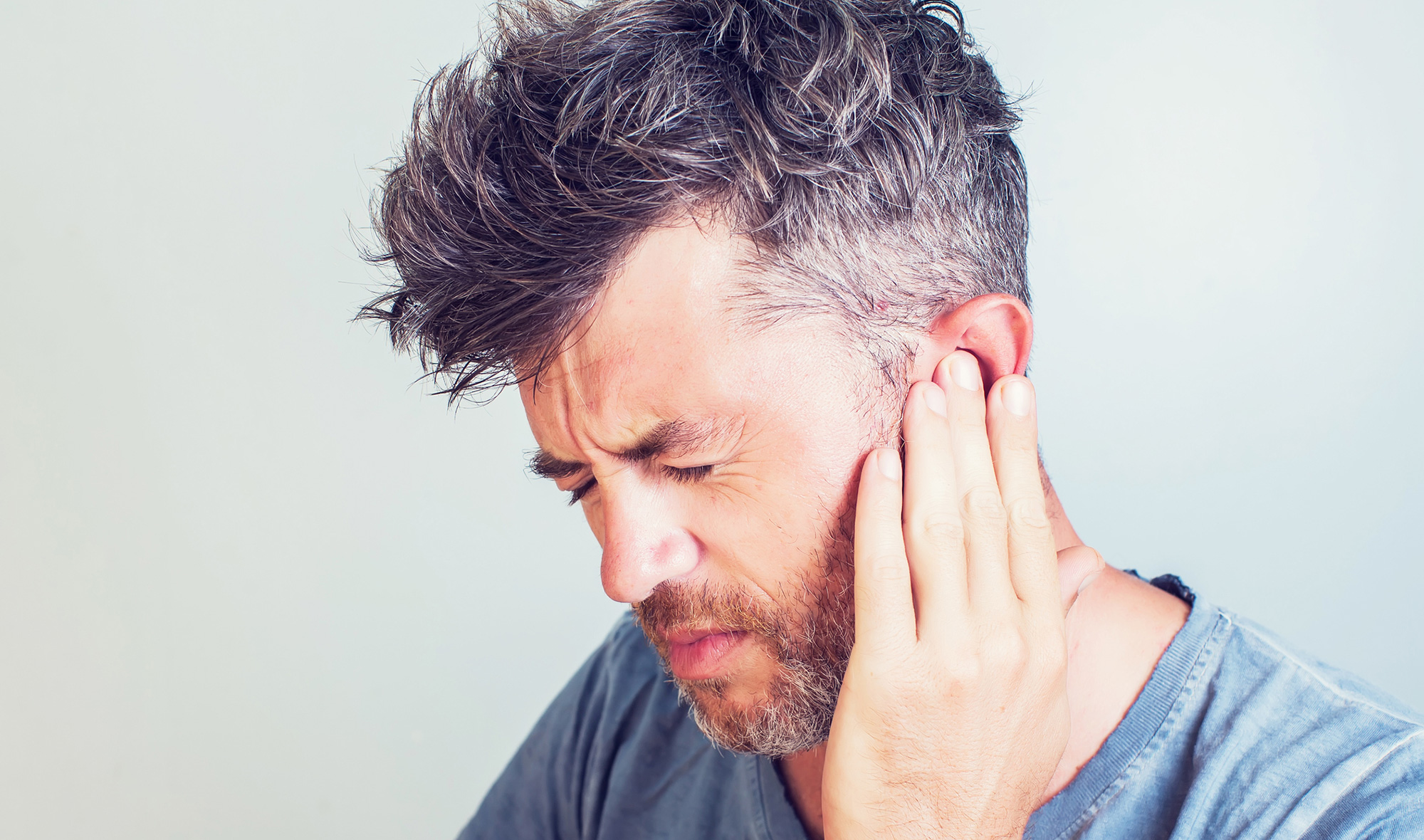
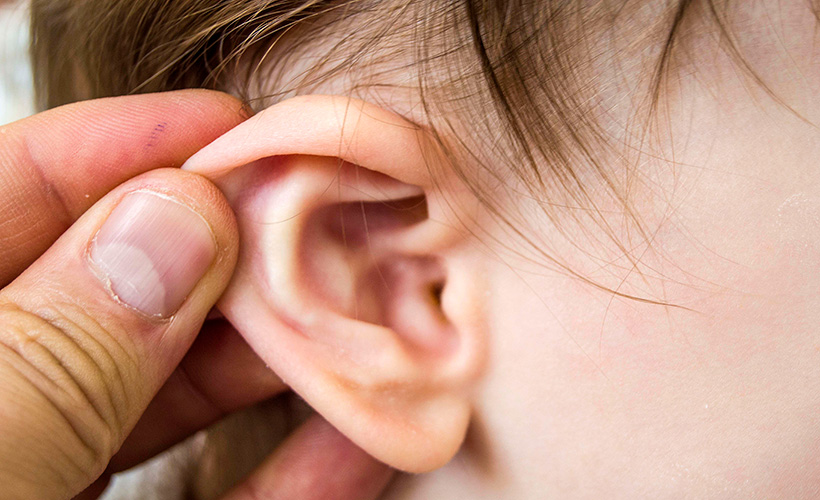



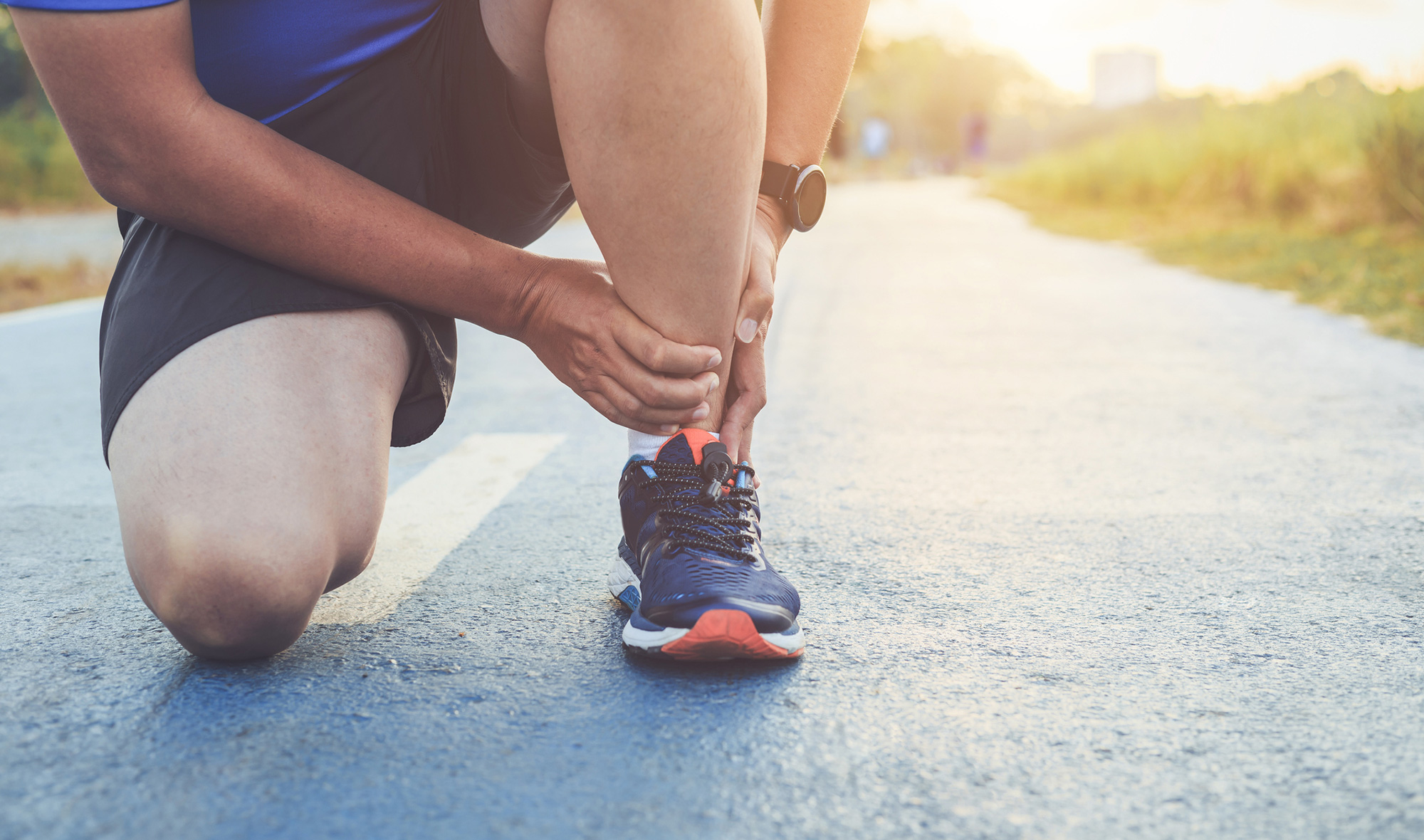
Community